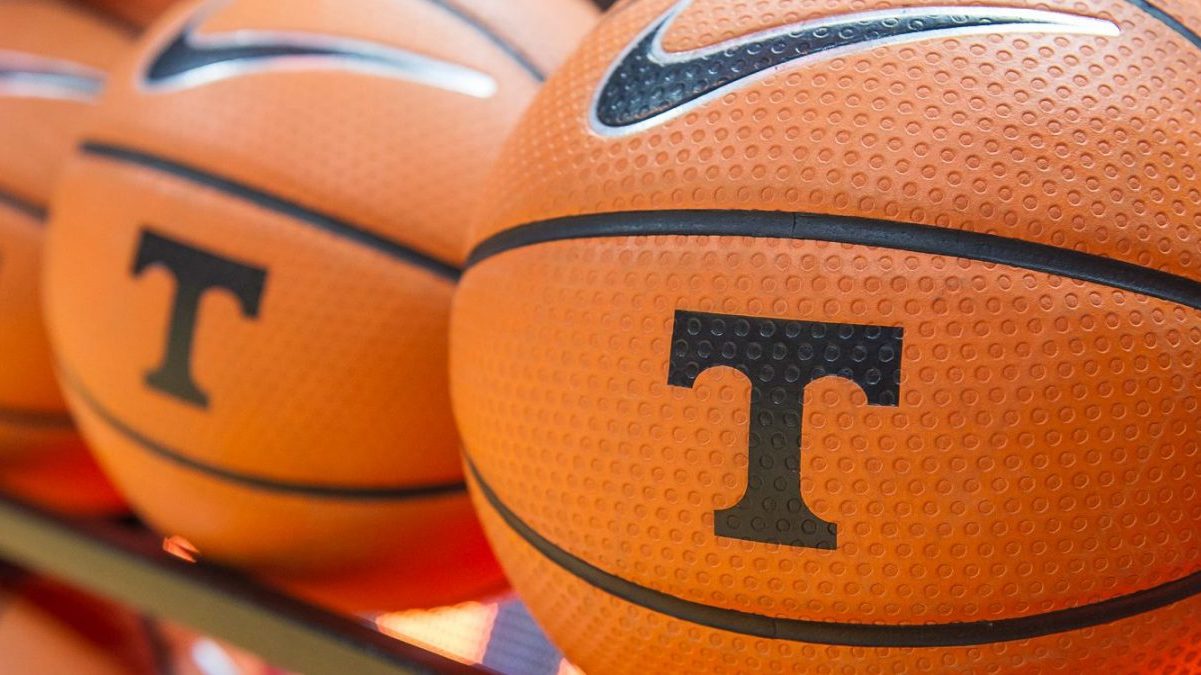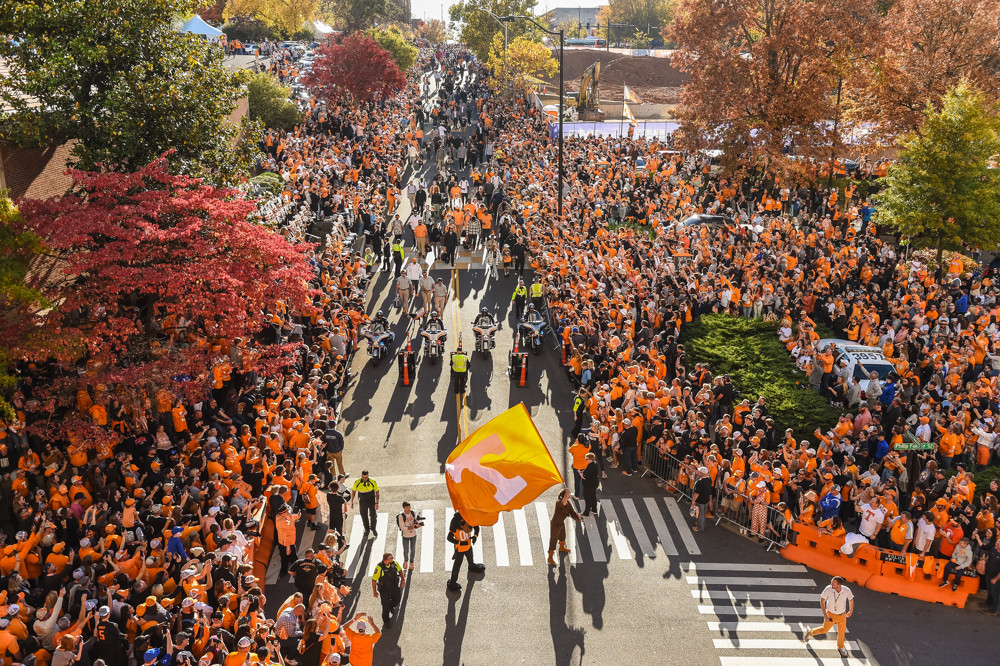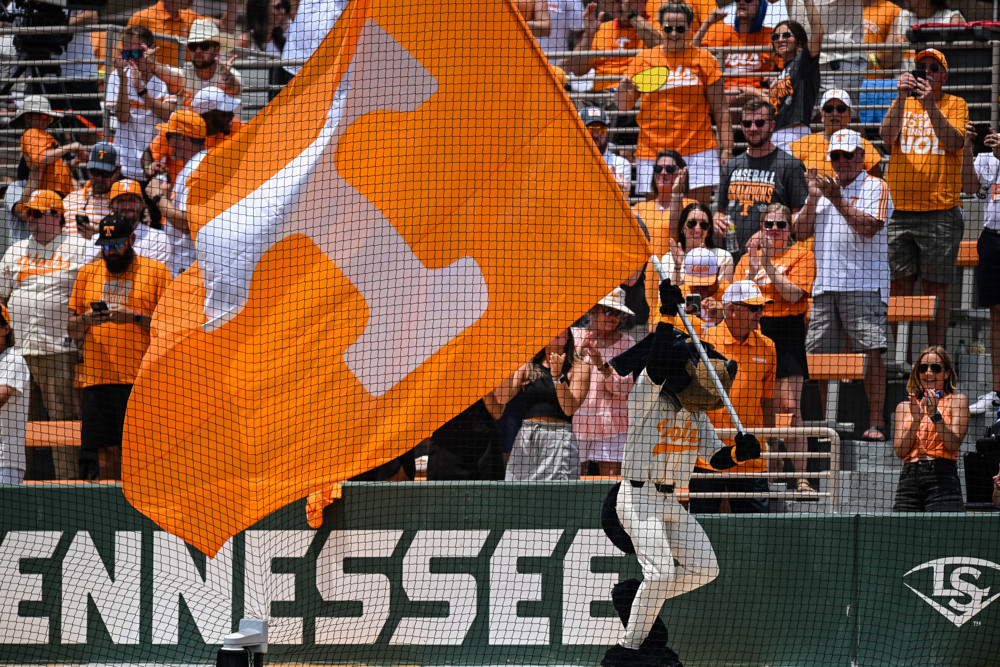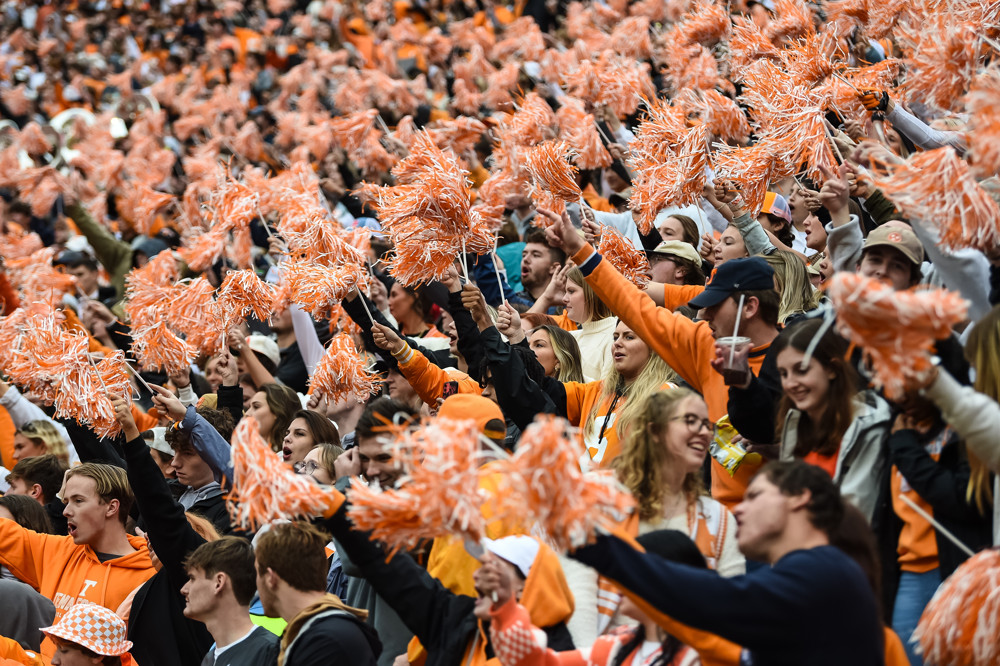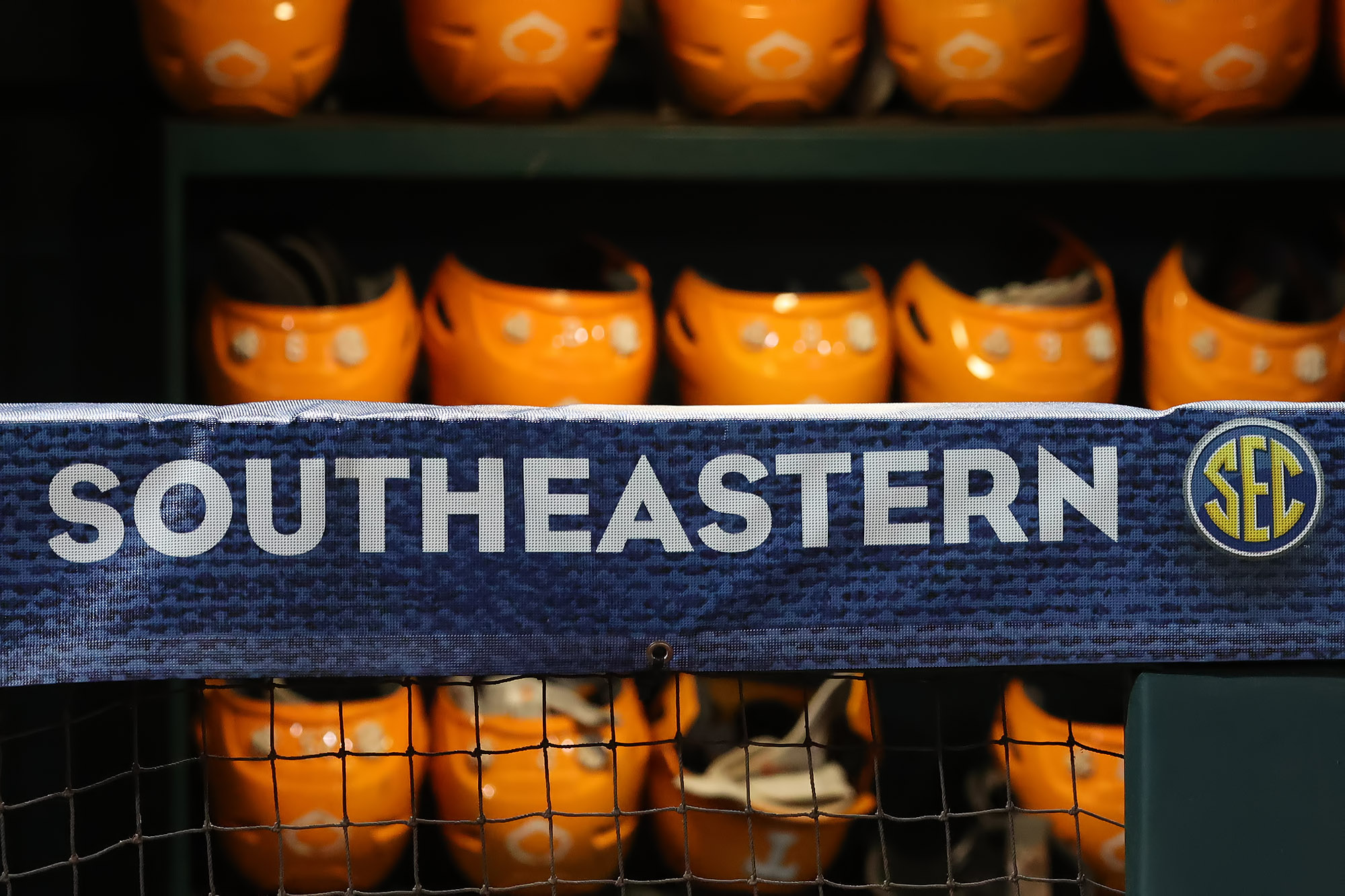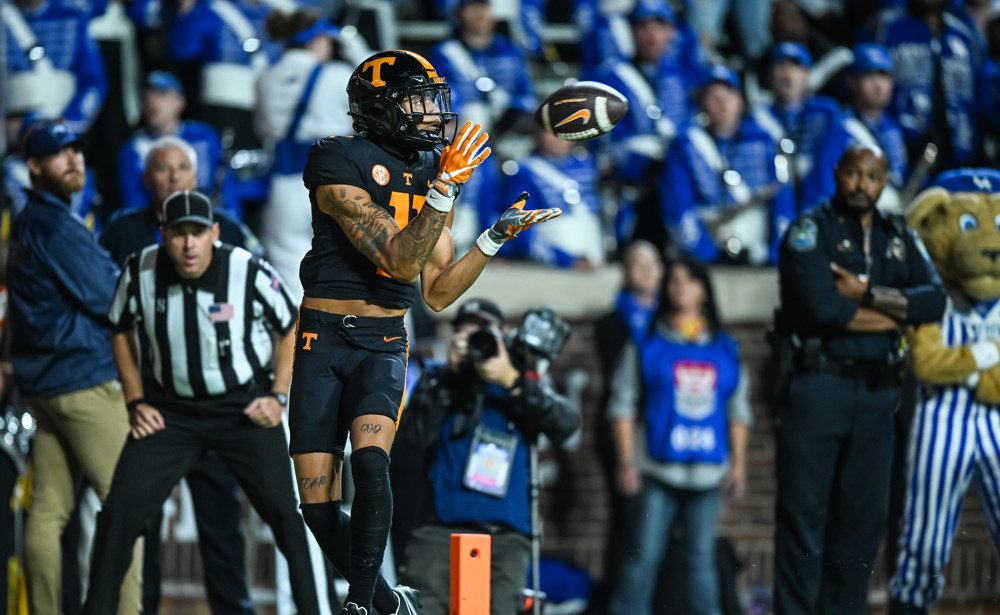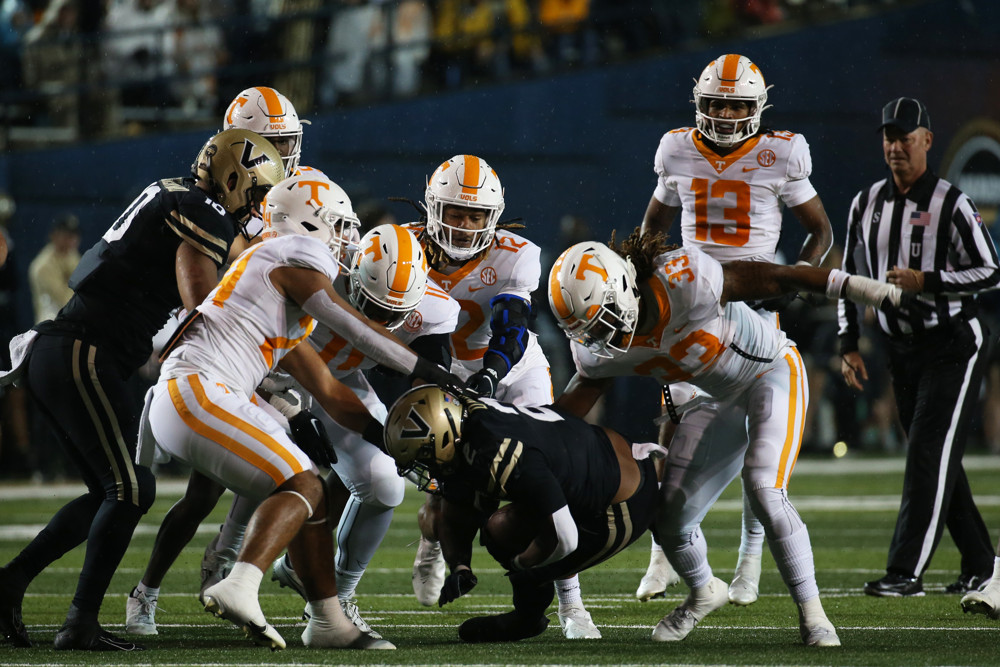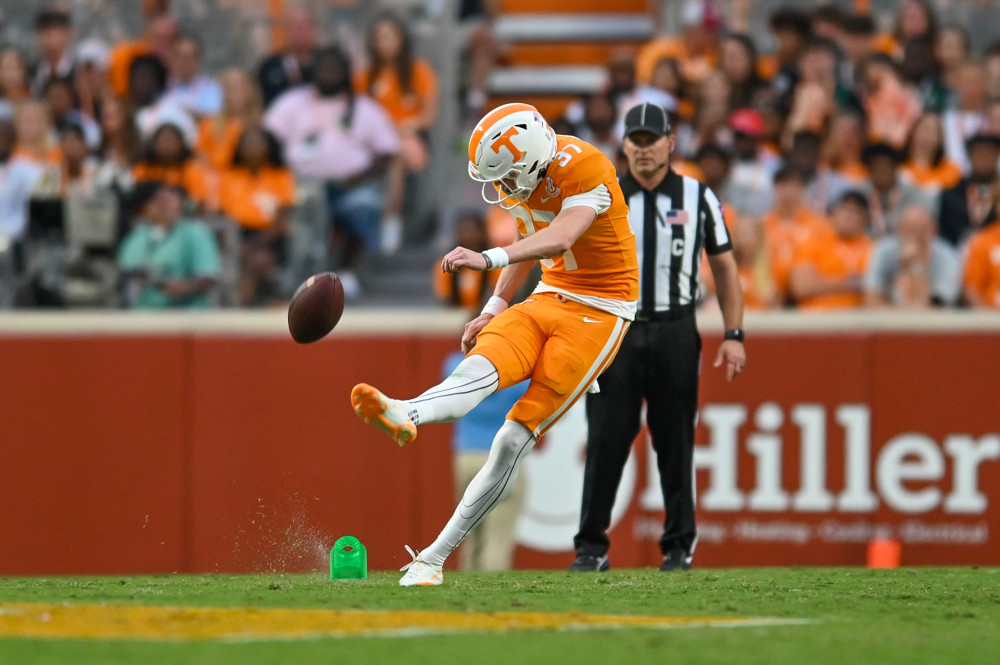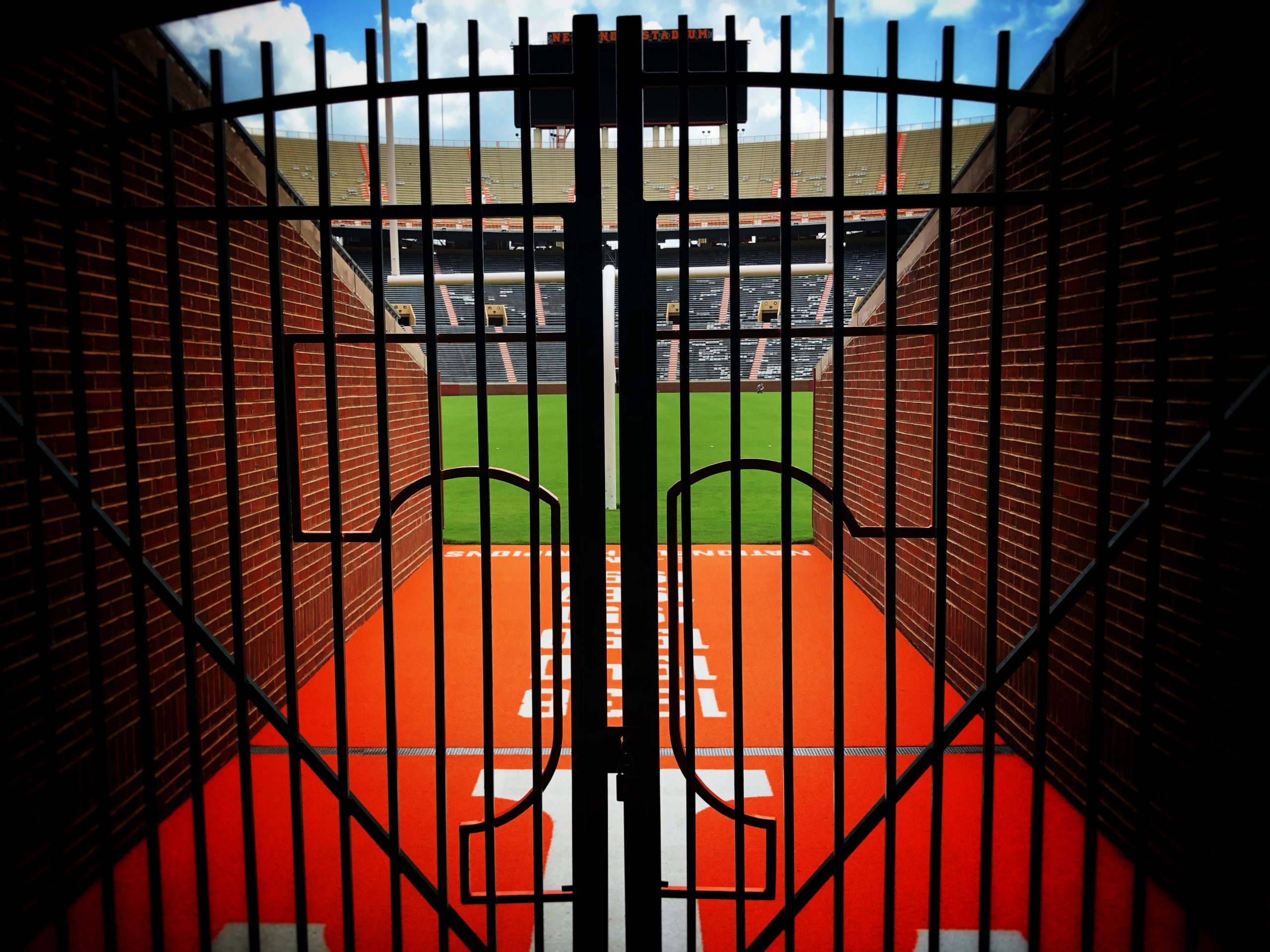Outgoing freshman Julian Phillips saw his decision to enter the NBA Draft pay off as an early second round pick last night, #35 to your Chicago Bulls. The headline for Tennessee, of course, is Phillips makes seven Vols drafted in the last five years:
- 2023: Julian Phillips, Round 2 #35 Chicago
- 2022: Kennedy Chandler, Round 2 #38 Memphis
- 2021: Keon Johnson, Round 1 #21 LA Clippers
- 2021: Jaden Springer, Round 1 #28 Philadelphia
- 2019: Grant Williams, Round 1 #22 Boston
- 2019: Admiral Schofield, Round 2 #42 Washington
- 2019: Jordan Bone, Round 2 #57 Detroit
For context, it took 18 years for Tennessee’s previous seven draft picks before the Rick Barnes era. That span is an even longer 24 years if you remove Ed Gray (drafted in 1997 after transferring to Cal), and consider the Vols had no one drafted for three years after Josh Richardson in 2015, or two years after Allan Houston in 1993. Tennessee also had no one drafted from 2003-2010 (though C.J. Watson turned out a really nice career in that span as an undrafted player).
Barnes had 17 played drafted at Texas in 17 years, a run that included only Myles Turner in his last four seasons in Austin. So the Vols are ahead on a players-drafted-per-year standpoint on the whole. The primary difference there is lottery picks: Barnes had five Top 10 picks in his time at Texas, including future all-stars LaMarcus Aldridge and Kevin Durant.
That group helped Texas make the Sweet 16 five times in seven years from 2002-2008, including a Final Four now 20 years ago. Possession for possession, Barnes’ best teams at Tennessee continue to be on par with his best teams at Texas. We looked at this when Tennessee was knocked out of the NCAA Tournament by Michigan in 2022: the Vols’ 2019 squad (with three draft picks of its own) is still Barnes’ best ever in terms of KenPom. The 2022 and 2023 squads join them in making up three of his top six over his entire career. And, as is the nature of the beast sometimes, his Final Four team at Texas in 2003 is just his seventh-best team overall in KenPom. That team earned a number one seed, something that has still eluded Tennessee overall. They did a good job navigating their bracket in the first three rounds, beating a 16, 9, and 5 seed before catching (and beating) 7-seed Michigan State in the Elite Eight.
I don’t know if lottery picks are in Tennessee’s future or even part of their desired master plan; that trajectory changed at the end of Barnes’ time at Texas, but the possession-for-possession strength of his teams has not declined at Tennessee. Meanwhile, the Vols are entering an entirely new category when it comes to the NBA Draft: a regular expectation of players drafted every year, as part of teams that position themselves as Top 4 seeds in the NCAA Tournament. And Tennessee has also done this with some of their most important players during this stretch – John Fulkerson, Yves Pons, etc. – going undrafted.
The Vols are third in Bart Torvik’s 2024 early projections and a two seed in ESPN’s 2024 bracketology. As with everything else on campus these days, Tennessee is in the hunt, and doing so as consistently in basketball as it has ever been done here.
